How Yoga Can Improve Flexibility and Mental Health
Yoga Isn’t Just About Flexibility—Here’s How It Can Transform Your Mind and Body
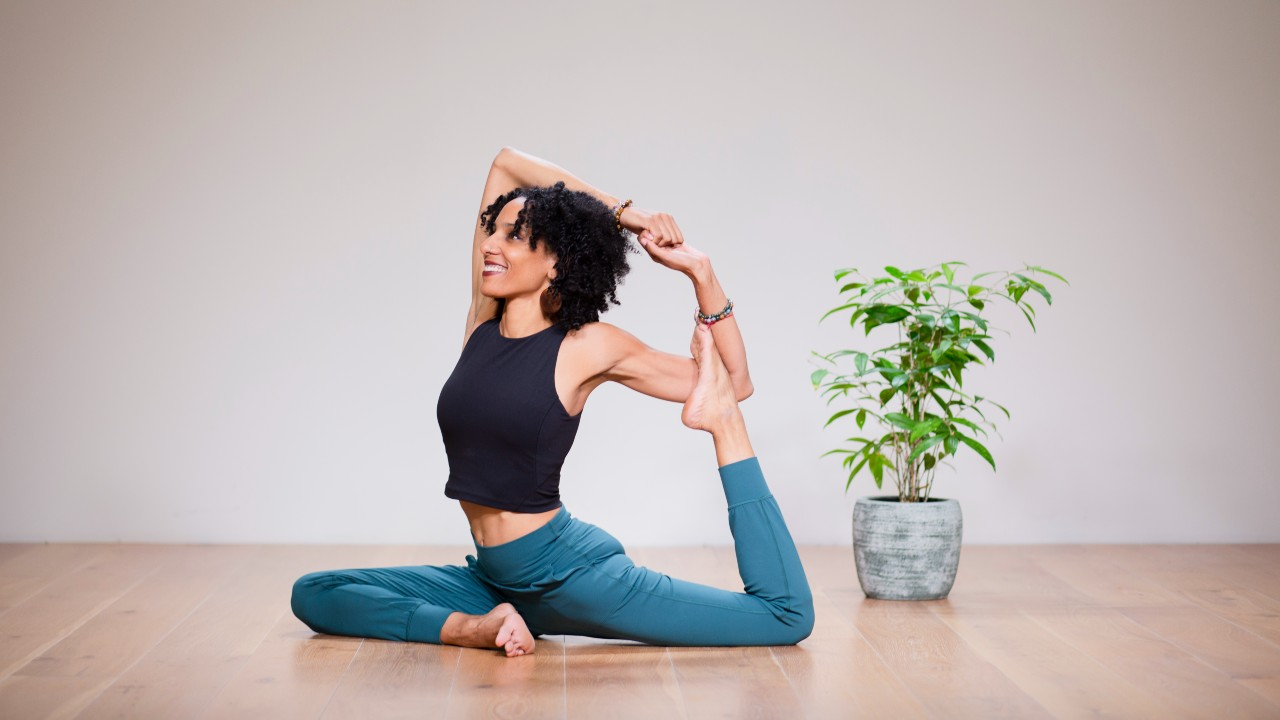
Yoga isn’t just about touching your toes or achieving that perfect pose you’ve seen on Instagram. Sure, flexibility is a huge benefit, but yoga offers much more than that. If you’ve ever felt stressed, anxious, or mentally worn out, yoga might just be the answer. The connection between body and mind that yoga nurtures can lead to not only a more flexible body but also a calmer, more focused mind. Let’s dive into exactly how yoga can improve both flexibility and mental health, and why this ancient practice is still so relevant in today’s fast-paced world.
The Challenge: Why Is Flexibility and Mental Health So Hard to Maintain?
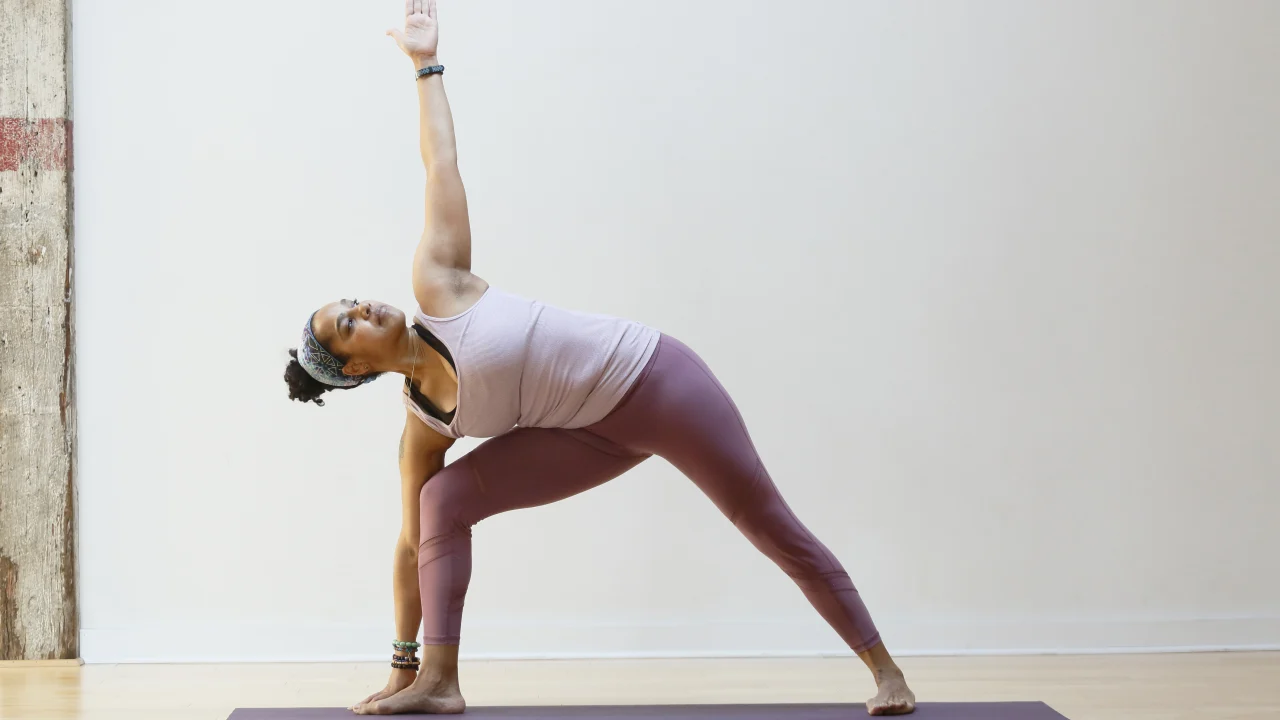
In today’s world, it’s not uncommon to feel stiff and stressed all the time. Think about it: How much time do we spend sitting at our desks, staring at screens, and feeling overwhelmed by the constant demands of life? Over time, our bodies become tight, and our minds become cluttered. We lose flexibility in both physical and mental aspects, which can lead to various health issues.
The problem is twofold:
- Physical Rigidity: Many people struggle with poor posture, tight muscles, and limited range of motion due to a sedentary lifestyle.
- Mental Stress: On the flip side, stress, anxiety, and the never-ending to-do lists take a toll on our mental health.
The result? We feel disconnected, both physically and mentally. Yoga, however, offers a way to address both of these challenges simultaneously. But how does it actually work?
Exploring the Benefits of Yoga for Flexibility
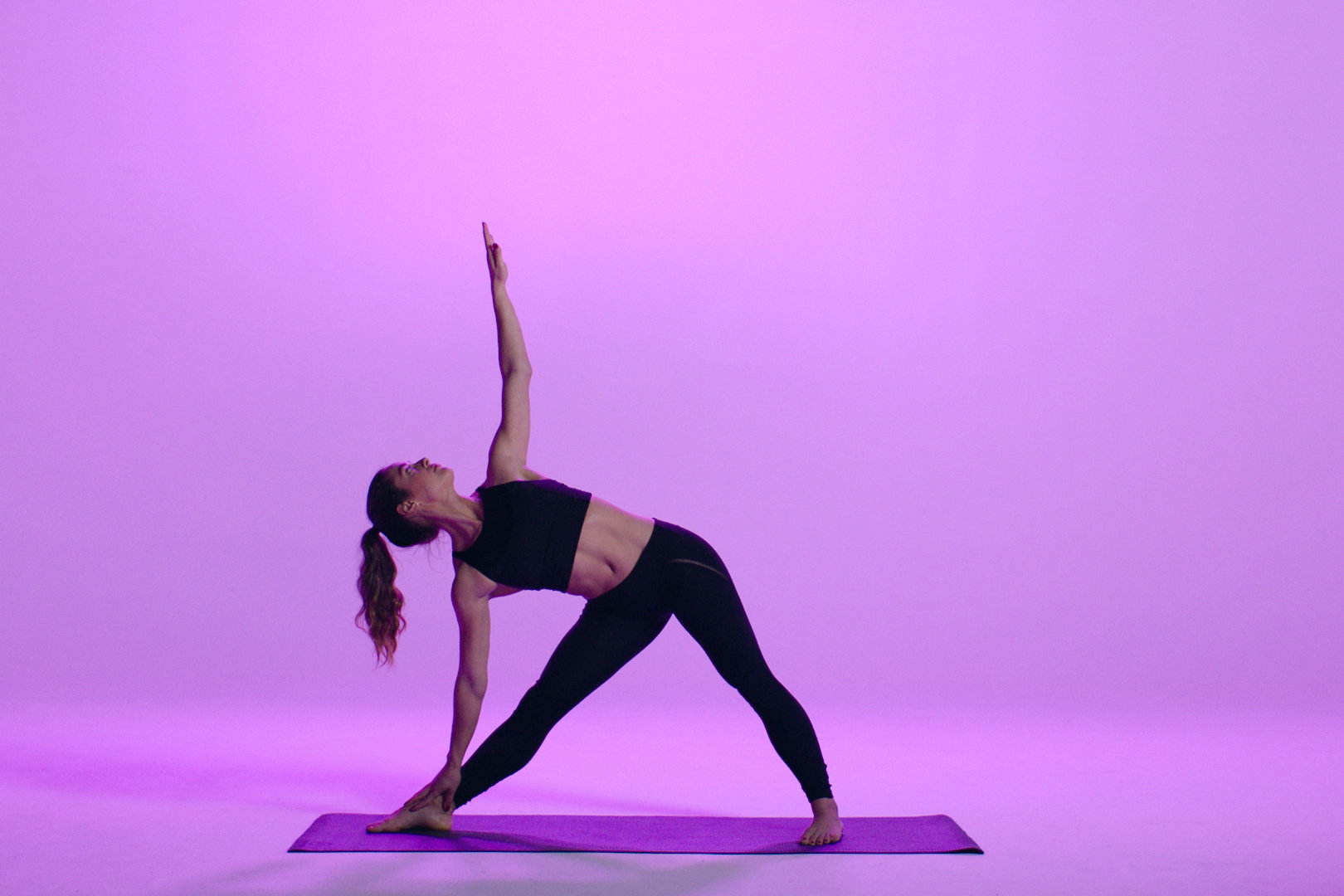
Let’s start with the obvious: yoga improves flexibility. But it’s not just about bending and twisting in ways that seem impossible. It’s about moving your body in ways that help you gain a full range of motion, reduce stiffness, and improve mobility over time.
1. Stretching Your Limits: How Yoga Enhances Flexibility
When you hold a yoga pose, your muscles stretch and lengthen. This consistent stretching helps to break down the tightness in your muscles and connective tissues, which over time leads to increased flexibility. The best part? You don’t have to be naturally flexible to benefit from yoga.
Even beginners, who may not be able to touch their toes, can gradually improve their flexibility through regular practice. Poses like Downward Dog, Pigeon, and Forward Fold are specifically designed to stretch key muscle groups such as the hamstrings, hips, and lower back, which are often tight due to sitting for long periods.
Example:
- Downward Dog (Adho Mukha Svanasana) targets your hamstrings and calves, helping lengthen the back of your legs.
- Pigeon Pose (Eka Pada Rajakapotasana) opens up the hips, which is especially important for those who sit for long periods.
By focusing on slow, controlled movements, yoga helps your body loosen up gradually, preventing injuries and making it easier to move through everyday tasks with more ease.
2. Releasing Tension: Yoga for Muscle Recovery
Yoga is also a fantastic tool for muscle recovery. Whether you’re an athlete or someone who simply wants to stay active, your muscles can become tight and sore from physical activities. Yoga helps to release built-up tension in your muscles, improving blood flow and oxygen circulation. This aids in quicker recovery and prevents stiffness from setting in.
3. Improved Posture: Strengthen While You Stretch
Poor posture is one of the most common causes of muscle tightness and stiffness. By practicing yoga, you’ll not only stretch tight muscles but also strengthen the muscles that support your posture. For instance, yoga helps engage the core, lower back, and shoulders, which are all essential for maintaining good posture.
Over time, you’ll notice your posture improving, which leads to better alignment, less back pain, and more freedom of movement.
The Mental Benefits: Yoga for Stress, Anxiety, and Mindfulness
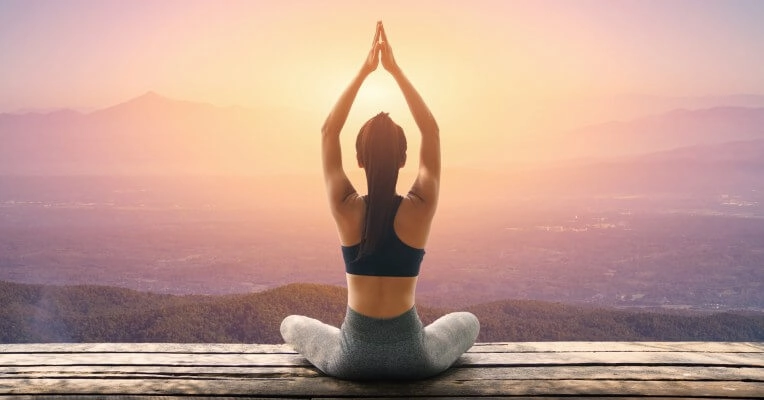
Now, let’s talk about the other side of the coin: mental health. While yoga is often celebrated for its physical benefits, its mental benefits are just as powerful.
1. Yoga Reduces Stress and Anxiety
Incorporating yoga into your routine can drastically lower stress levels and reduce anxiety. Yoga combines physical movement with mindful breathing exercises, which help calm the nervous system. When you focus on your breath and movements, your mind naturally quiets down, allowing you to shift from a state of stress to one of relaxation.
Example:
- Ujjayi Breathing: This deep, controlled breathing technique used in yoga has been shown to reduce stress and promote relaxation. It helps to lower cortisol levels—the stress hormone—while increasing the flow of oxygen to your brain.
2. Practicing Mindfulness Through Yoga
One of the core principles of yoga is mindfulness—the practice of being fully present in the moment. When practicing yoga, you are encouraged to focus entirely on your movements and breath. This sense of presence helps to clear mental clutter and prevents your mind from wandering to anxious thoughts about the past or future.
In a world filled with distractions, learning how to be present can have profound effects on your mental well-being. Whether you’re holding a Warrior pose or flowing through a Sun Salutation, you’re building the mental muscle to stay calm, focused, and resilient.
3. Yoga Enhances Emotional Well-Being
By reducing stress and increasing mindfulness, yoga also has a positive impact on emotional well-being. Regular practice can help you better manage your emotions, handle life’s ups and downs with more grace, and feel more connected to your inner self.
Many people report feeling a greater sense of peace, happiness, and emotional balance after regularly practicing yoga. This emotional resilience can also lead to stronger relationships and better decision-making, as you’re more in tune with your own emotions.
The Climax: How Yoga Bridges the Gap Between Body and Mind
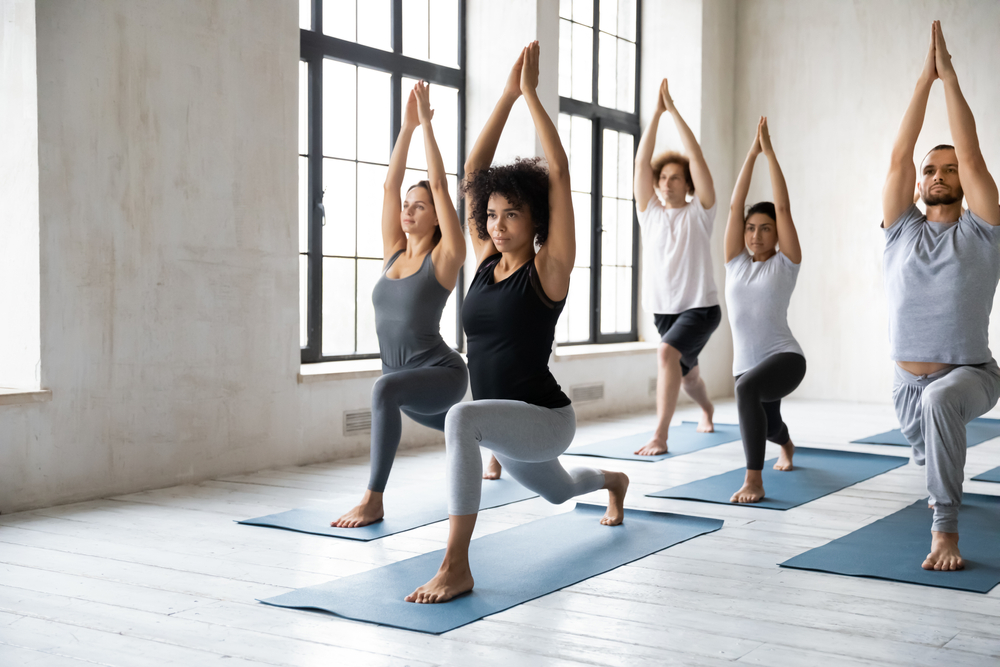
At its core, yoga is about balance—not just physical balance, but also balance between the body and the mind. This is where yoga truly shines. By integrating mindful movement with deep breathing and mental focus, yoga teaches you how to connect your body and mind in a way that few other activities can.
When your body is flexible, your mind becomes more adaptable. When your mind is calm, your body responds with less tension. This body-mind connection is what makes yoga such a powerful tool for both physical and mental well-being.
Conclusion: Why You Should Make Yoga a Part of Your Life
Yoga is more than just a workout. It’s a holistic practice that can transform both your body and mind. Whether you’re looking to improve flexibility, recover from muscle tension, or reduce stress, yoga offers a comprehensive solution.
Start with just a few poses a day, focus on your breath, and you’ll soon notice both physical and mental changes that will have a lasting impact on your overall health.
Ready to see how yoga can change your life? Subscribe for more tips on enhancing your flexibility and mental well-being through yoga.
comments powered by Disqus